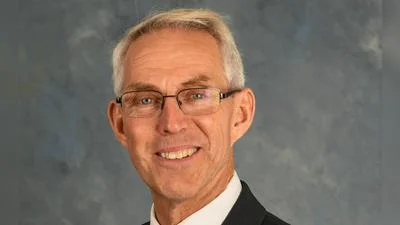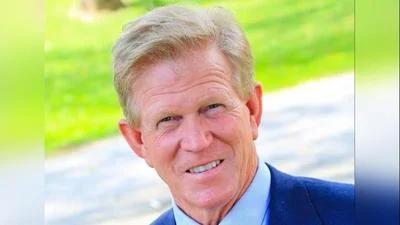State Representative Chris Miller (il) | Representative Chris Miller (R) 101st District
State Representative Chris Miller (il) | Representative Chris Miller (R) 101st District
Over recent weeks, Illinois headlines have diverged from the narrative presented by Governor J.B. Pritzker. The state's financial challenges are becoming increasingly apparent as a projected $3.2 billion budget deficit looms for Fiscal Year 2026. Despite raising taxes by $1 billion in FY25, the administration is seeking ways to address this deficit, including asking state agencies to propose program and operational cuts.
Governor Pritzker has faced criticism for his stance on immigration policies and the associated costs borne by taxpayers. "Thousands of illegal immigrants have entered Illinois and taxpayers are funding their services," a statement reads, reflecting discontent among residents who feel neglected.
Energy concerns are also prominent, with warnings of an impending crisis due to reliance on solar and wind projects that may not meet demand. Critics argue that more affordable energy solutions should be prioritized over what they describe as a "climate hoax."
The state's unemployment rate stands at 5.3%, ranking third highest in the nation, trailing only California and Nevada. This statistic underscores economic challenges as businesses continue to leave Illinois amidst burdensome regulations.
Property taxes remain a contentious issue with Illinois holding the second-highest property tax burden in the country according to a Wallet Hub study released earlier this year. Governor Pritzker's previous promises of relief have yet to materialize, leaving many residents frustrated.
In industry news, Lion Electric announced it will suspend operations at its Joliet plant amid job cuts and financial losses—an indication of struggles within the electric vehicle sector in Illinois.
Meanwhile, Governor Pritzker highlighted an award received by the Illinois Department of Commerce and Economic Opportunity from international bodies recognizing investment in innovative sectors such as EVs and quantum computing campuses.
Despite these accolades, concerns persist about whether these investments truly benefit Illinoisans or merely subsidize industries unable to sustain themselves independently.
Illinois continues grappling with high unemployment rates while managing complex issues related to public spending, taxation policies, and economic growth strategies under current leadership.
___






 Alerts Sign-up
Alerts Sign-up